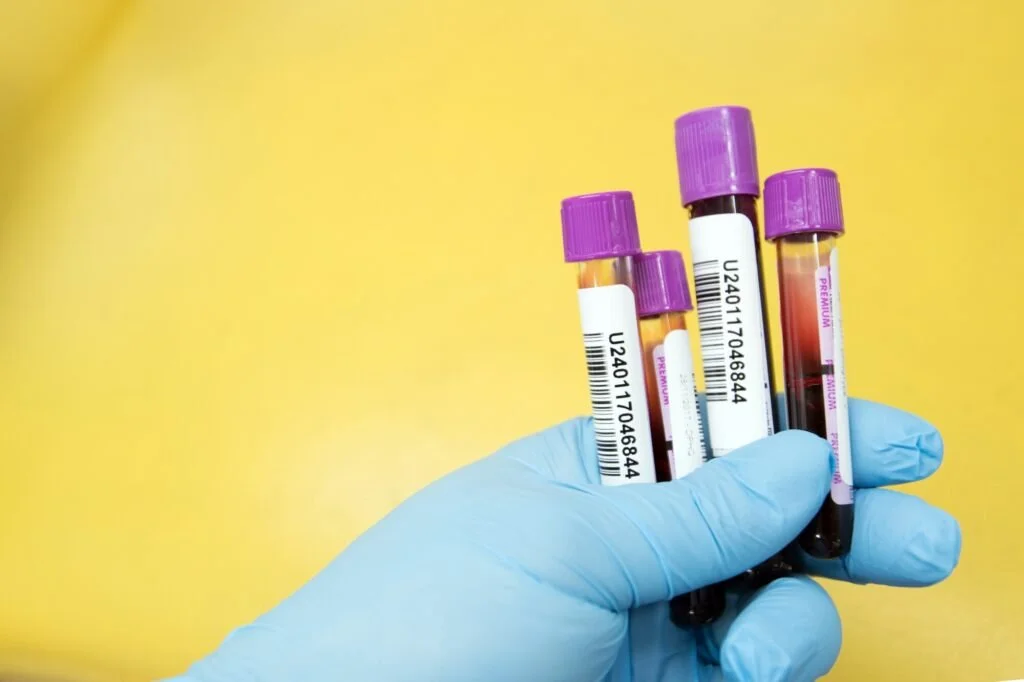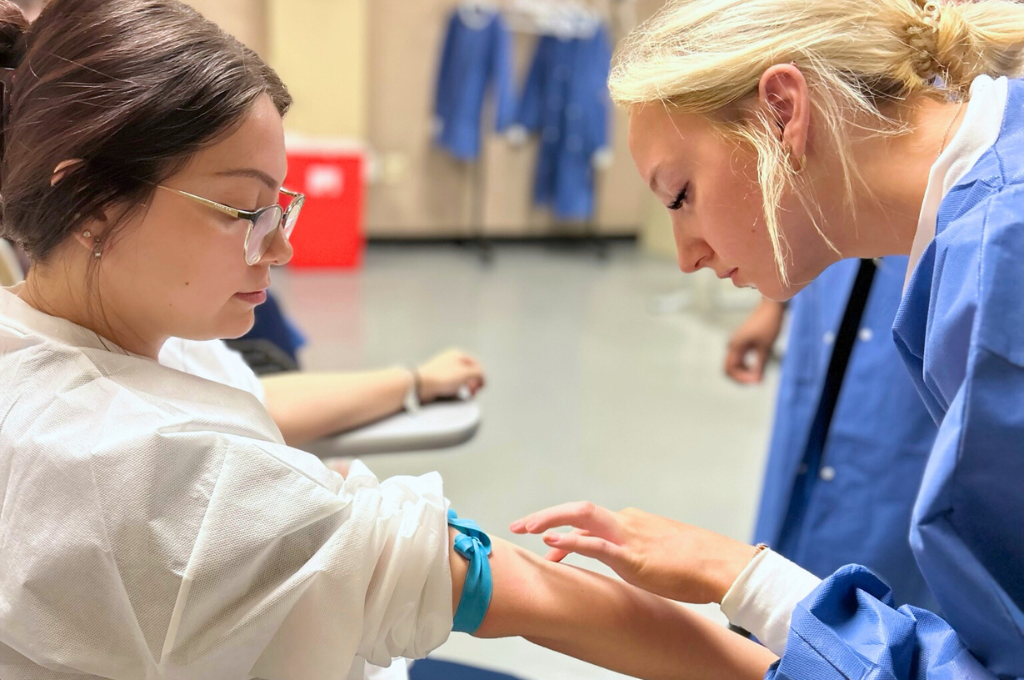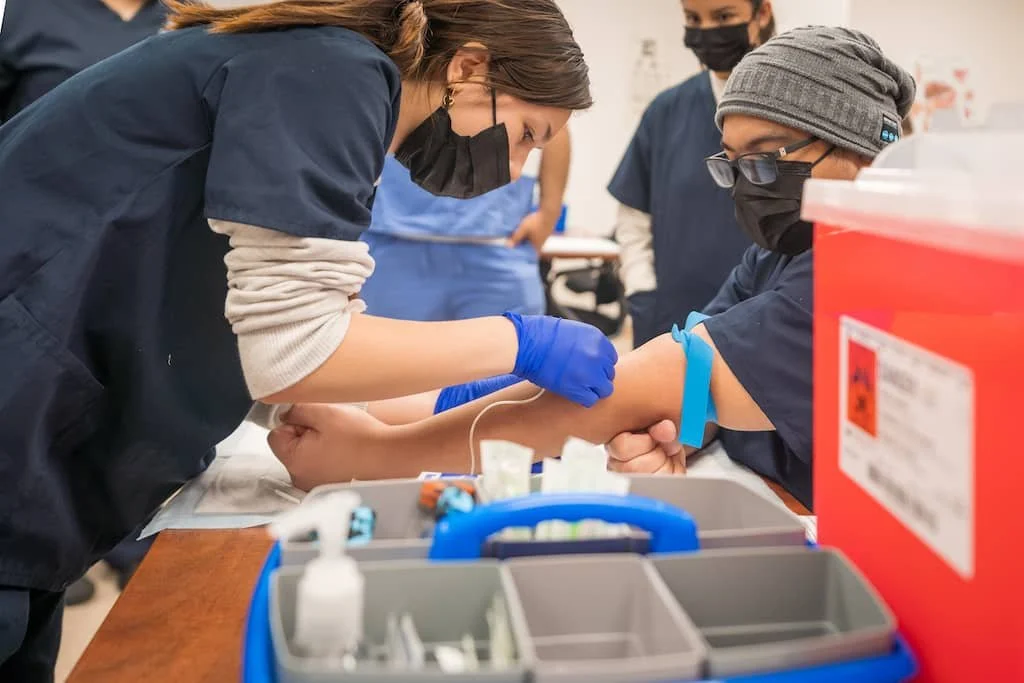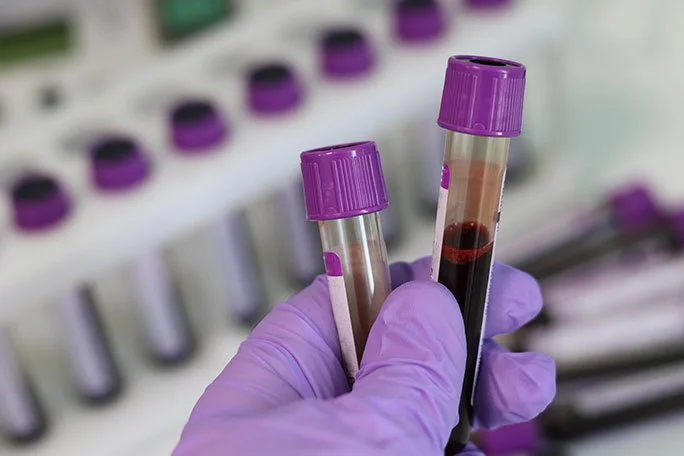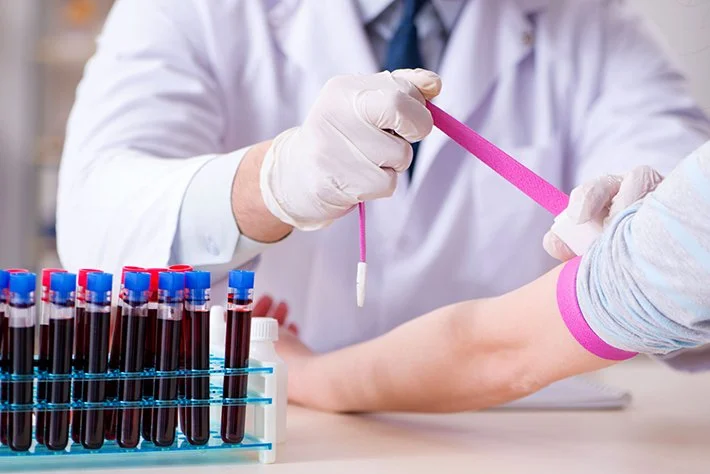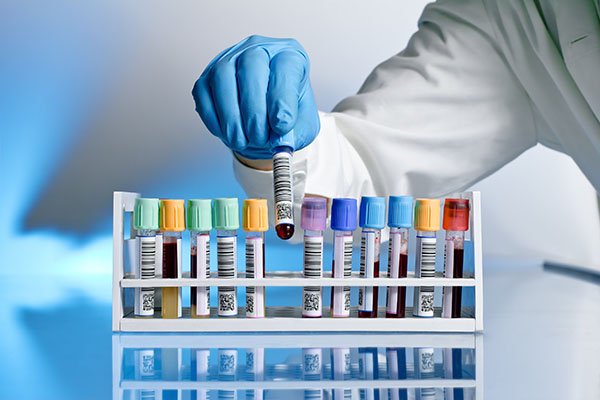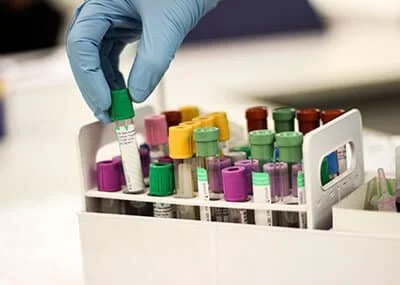Potential Of Ai In Improving Diagnostic Accuracy
Artificial Intelligence (AI) has been a hot topic in recent years, with a wide range of applications across various industries. One of the most exciting areas that AI is making a big impact is in healthcare, where it is revolutionizing the way medical diagnoses are made. In this article, we will explore the potential of AI in improving diagnostic accuracy.
AI In Radiology Diagnostics
In recent years, artificial intelligence has made significant advancements in various industries, including healthcare. One area where AI has shown great promise is in radiology diagnostics. By utilizing machine learning algorithms, AI systems can help radiologists analyze medical images more quickly and accurately, leading to faster diagnoses and improved patient outcomes. In this blog post, we will explore the impact of AI in radiology diagnostics and how this technology is revolutionizing the field.
Machine Learning In Pathology Diagnosis
Machine learning is revolutionizing the field of healthcare by providing new tools and technologies to improve diagnostic accuracy, treatment planning, and patient outcomes. One area where machine learning is making a significant impact is in pathology diagnosis.
Advancements In Ai For Diagnostic Medicine
Advancements in AI technology have revolutionized many industries, including healthcare. In recent years, artificial intelligence has been increasingly used in diagnostic medicine to improve accuracy, efficiency, and patient outcomes. In this article, we will explore how AI is transforming the field of diagnostic medicine.
Role Of AI In Medical Imaging
Artificial intelligence (AI) has become an increasingly prevalent and powerful tool in the field of medical imaging. From improving diagnostic accuracy to enhancing patient care, AI is revolutionizing the way healthcare professionals approach and utilize medical imaging technologies. In this article, we will explore the role of AI in medical imaging and discuss how this technology is reshaping the future of healthcare.
Machine Learning Algorithms For Disease Detection
Machine learning algorithms have revolutionized the field of healthcare by enabling more accurate and timely disease detection. These algorithms leverage large datasets to identify patterns and trends that can help healthcare professionals diagnose diseases earlier and more effectively. In this blog post, we will explore some of the most commonly used machine learning algorithms for disease detection and their potential impact on improving patient outcomes.
AI Applications In Healthcare Diagnostics
Artificial Intelligence (AI) has been making waves across various industries, and healthcare is no exception. The application of AI in healthcare diagnostics has the potential to revolutionize the way diseases are detected and treated, leading to more accurate and timely diagnoses. In this article, we will explore how AI is being used in healthcare diagnostics and the impact it is having on patient outcomes.
AI and Machine Learning In Diagnostics
Advances in artificial intelligence (AI) and machine learning are revolutionizing the field of diagnostics in healthcare. These technologies are enabling healthcare providers to make more accurate and timely diagnoses, leading to improved patient outcomes. In this article, we will explore the role of AI and machine learning in diagnostics and discuss some of the key benefits and challenges associated with their implementation.
Interoperability In Diagnostic Imaging Integration.
Interoperability in diagnostic imaging integration is a crucial aspect of healthcare technology that allows different medical systems and devices to communicate with each other seamlessly. This interoperability enables healthcare providers to access and share important patient information, leading to more efficient and effective care delivery.
Importance Of Diagnostic Imaging Integration In Healthcare
Diagnostic imaging plays a crucial role in modern healthcare, allowing healthcare providers to diagnose and treat a wide range of medical conditions. Integrating diagnostic imaging into the healthcare system can improve patient outcomes, streamline workflows, and reduce costs. In this article, we will explore the importance of diagnostic imaging integration in healthcare.
Technological Advances In Diagnostic Imaging Integration
Diagnostic imaging plays a crucial role in the field of healthcare by allowing medical professionals to visualize and diagnose various health conditions. In recent years, there have been significant advancements in technology that have revolutionized the way diagnostic imaging is carried out. One of the key developments in this field is the integration of multiple imaging modalities, which has enhanced the accuracy and efficiency of diagnostic procedures. In this article, we will explore the latest technological advances in diagnostic imaging integration and discuss their impact on the healthcare industry.
Data Handling In Diagnostic Imaging Integration
Diagnostic imaging integration has revolutionized the field of healthcare by allowing healthcare providers to seamlessly access and share medical images and reports. With the increasing use of digital imaging technologies, there has been a growing need for efficient data handling processes to ensure the smooth integration of diagnostic imaging in healthcare systems. In this blog post, we will explore the importance of data handling in diagnostic imaging integration and discuss some best practices for managing and analyzing medical imaging data.



